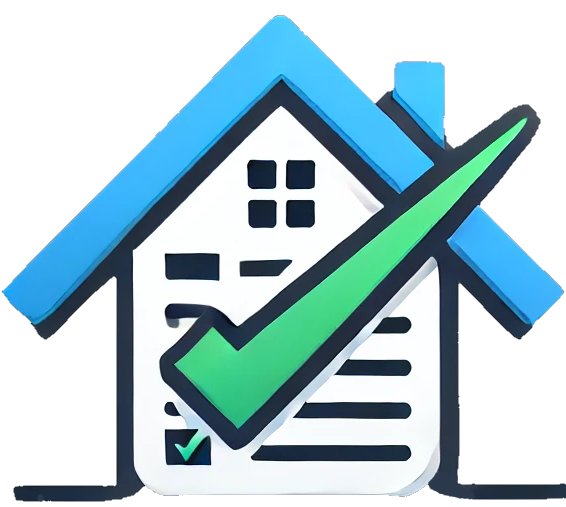Your Comprehensive Guide to the Tax Appeal Process in San Antonio, Texas
Understanding the tax appeal process can feel overwhelming for many property owners in San Antonio, Texas. If you’ve received an appraisal notice that you believe is inaccurate, don’t worry—help is at hand! This guide will walk you through the tax appeal process, empowering you to take action and potentially save money on your property taxes.
What is the Appeal Process?
The tax appeal process in San Antonio involves challenging the assessed value of your property determined by the Bexar Appraisal District (BAD). If you think your property’s value is set too high and doesn’t reflect the current market, you have the legal right to appeal. This could lead to a reduction in your property taxes, allowing you to keep more money in your pocket.
The Pain of Overassessment
Many property owners may not realize how much an overassessment can cost them. Paying taxes on an inflated property value can strain your finances, especially if you’re on a fixed income or facing economic uncertainties. The stress of dealing with high property taxes can be daunting, but taking action through the tax appeal process can provide relief. Don’t let an unfair appraisal go unchallenged—understanding your rights can make all the difference.
Important Deadlines
Timing is crucial in the tax appeal process. The deadline to file your protest in Bexar County is May 15 of each year, or 30 days after the date on your appraisal notice, whichever comes later. This means if you receive your notice after April 15, you might have additional time to file. Mark your calendar, because if you miss this deadline, you lose the opportunity to challenge your appraisal!
Understanding the Process and Contingencies
-
Filing a Notice of Protest: Start by completing the Form 50-132 Notice of Protest. You can submit this form online, via email, by fax, or through regular mail. This is the first formal step in the appeal process.
-
Informal Meeting: After filing your notice, you can schedule an informal meeting with BAD staff. This meeting, which can be conducted virtually or by phone, is where most disputes can be resolved without further complications.
-
Presenting Evidence: During your informal meeting, you’ll need to present evidence supporting your appeal. This might include:
- Comparisons with similar properties in your area
- Documentation of any damage to your property
- Estimates for repairs that justify a lower valuation.
-
Formal Hearing: If no agreement is reached, you can request a formal hearing with the Appraisal Review Board (ARB). Here, you will present your case in front of community members who will help decide your appeal.
-
Further Appeals: If you still disagree with the ARB’s decision, you have the option to appeal to district court or seek binding arbitration under specific conditions.
Best Practices for a Successful Appeal
To increase your chances of a successful appeal, follow these best practices:
- Start Early: As soon as you receive your appraisal notice, start gathering evidence. The more prepared you are, the better your chances of success.
- Use Online Resources: The BAD’s website has valuable resources, including the eFile system and instructional videos that can help you navigate the appeal process.
- Document Everything: Maintain detailed records of all communications and evidence submitted during your appeal. This documentation can strengthen your case.
- Consider Professional Help: If the process feels overwhelming, consider hiring a tax appeal professional. Some charge only based on the tax savings they secure for you, making it a potentially worthwhile investment.
Knowing the Risks
While appealing your property appraisal can lead to savings, be aware of potential risks:
- Missed Deadlines: Failing to file your protest by the deadline means you forfeit your right to challenge the assessment.
- Costs of Representation: If hiring a professional, weigh the costs against the potential savings. It’s important to ensure that it makes financial sense for your situation.
- Unfavorable ARB Decisions: There’s no guarantee your appeal will succeed. If your appeal fails at the ARB level, pursuing further legal options can be time-consuming and costly.
How to Start Your Appeal
Ready to take action? Here’s how to get started:
- File your Notice of Protest: Use the preferred method of online submission.
- Prepare for Your Informal Meeting: Gather and organize your evidence to present a strong case.
- If Needed, Schedule a Formal Hearing: Be ready to advocate for yourself or consult with a professional who can help you navigate this step.
For further assistance and resources, check out the Bexar Appraisal District’s official website at www.bcad.org or call them directly at (210) 224-2432.
By understanding the tax appeal process in San Antonio, Texas, you can take charge of your property tax situation. Don’t wait—start preparing today, and take the first step toward potentially lowering your property taxes!
